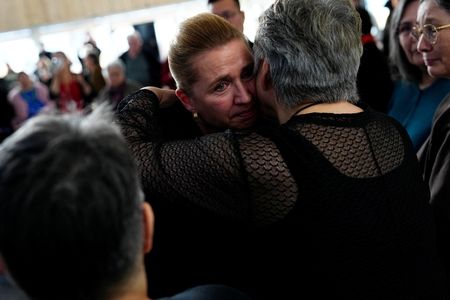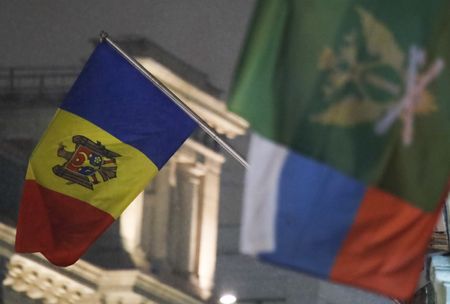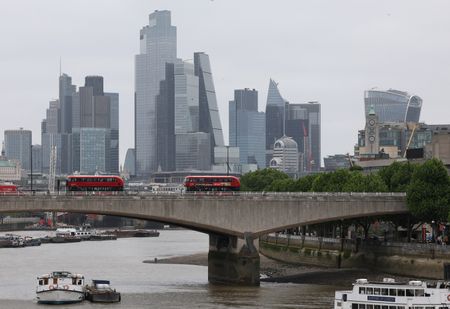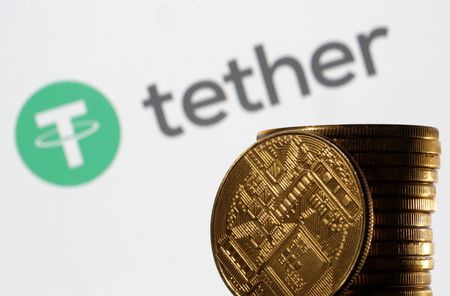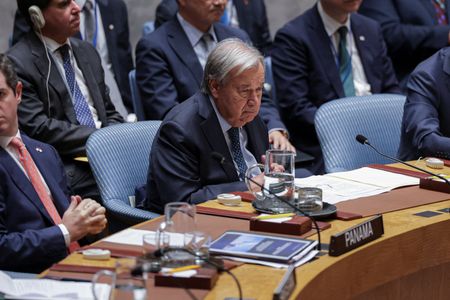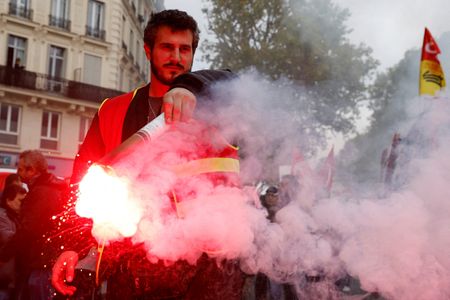TBILISI (Reuters) -The Georgian Foreign Ministry summoned the German ambassador on Wednesday, suggesting he was part of attempts to promote a “radical agenda” in the country ahead of closely watched municipal elections next month.
In a statement Tbilisi warned the ambassador, Peter Fischer, not to interfere in Georgia’s internal affairs.
“It was noted at the meeting that the Georgian side is concerned about attempts to promote a radical agenda in the country, which, in turn, contradicts the principles of democracy and contributes to the polarisation of society,” it said in the statement.
In a post on X, the German Foreign Office said: “We firmly reject the continuing aggressive rhetoric by representatives of the Georgian Dream towards the German ambassador”, referring to the ruling party.
Authorities in the South Caucasus country have been cracking down on pro-European Union opposition figures and street protesters, who have staged nightly demonstrations for nearly a year following a disputed parliamentary election last October and a subsequent government decision to halt talks on joining the EU.
Some Western ambassadors, including Fischer, have drawn the government’s ire over their support for the protesters, including by attending their court hearings.
Fischer said the summoning represented a “new low” in bilateral relations and said the accusations against him were “baseless”.
Tensions have ratcheted up between Tbilisi and European embassies in recent weeks, with Georgian Dream accusing Western envoys of violating the Vienna Convention by holding meetings with opposition parties in a bid to influence the elections to be held on October 4.
Twenty-six European embassies, including Germany, as well as the EU mission to Georgia, rejected those accusations in a statement on Wednesday.
Opposition parties have repudiated last year’s parliamentary election result and accuse GD of vote-rigging, which the government rejects.
The upcoming municipal vote has further fractured Georgia’s deeply divided opposition, with some parties boycotting and others choosing to run candidates.
(Reporting by Lucy Papachristou; Editing by Hugh Lawson)



